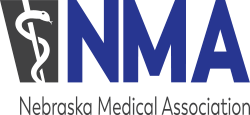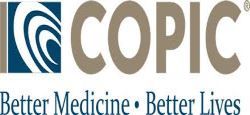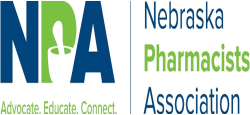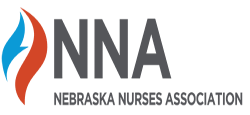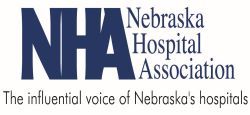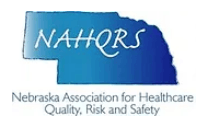Nebraska Coalition for Patient Safety (NCPS) Frequently Asked Questions
-
Q. What is NCPS?
NCPS is designated by the Agency for Healthcare Research and Quality (AHRQ) as a federally listed patient safety organization. NCPS is a 501(c)(3) non-profit organization with governing board of representatives from its five founding organizations.
-
Q. What is a Patient Safety Organization (PSO)?
The Patient Safety Act, passed by Congress in 2005, authorized the creation of PSOs to promote shared learning and improve quality and safety nationally by conferring privilege and confidentiality protections on providers who voluntarily work with federally listed PSOs. A PSO aggregates and analyzes safety data with the goal of sharing information that can reduce the risks and hazards associated with patient care.
-
Q. How was NCPS formed?
In 2005, the Nebraska Legislature passed the Patient Safety Improvement Act which called for formation of a PSO in Nebraska. NCPS was formed in 2006 by 5 founding organizations:
• Nebraska Medical Association
• Nebraska Academy of Physicians Assistants
• Nebraska Hospital Association
• Nebraska Pharmacists Association
• Nebraska Nurses Association
-
Q. What does NCPS do?
The NCPS mission is to continuously improve the safety and quality of healthcare delivery in the region. NCPS maintains a secure and protected environment for health care providers with written agreements in place with NCPS to report information about adverse events and hazards. NCPS assists providers in improving patient safety through aggregation and analysis of patient safety events and the sharing of de-identified information about the events and the underlying causes. NCPS offers educational tools and other resources that members can learn from and use to improve the safety of care delivery systems and safety culture.
-
Q. How has NCPS been funded?
NCPS is funded by membership fees and additional funding through the Patient Safety Cash Fund established through Legislative Bill 25. Prior to the passage of Legislative Bill 25, NCPS was solely dependent upon voluntary member dues and sponsor donations to maintain its operations since its inception in 2006.
-
Q. What is Legislative Bill 25?
Legislative Bill 25 (LB 25) became state law effective January 1, 2020. The Nebraska Medical Association (NMA) and the Nebraska Academy of Physician Assistants (NAPA) initiated and advocated for this legislation that creates a patient safety cash fund to enable NCPS to increase its capacity to support healthcare providers in improving the safety and reliability of care delivery.
-
Q. What is the Patient Safety Cash Fund?
The Patient Safety Cash Fund will be established through the addition of fees attached to initial issuance or biennial renewal of licensure to practice as a physician, an osteopathic physician, or a physician assistant in Nebraska. Effective January 1, 2020, physicians pay a patient safety fee of $50, and physician assistants pay a patient safety fee of $20. The patient safety fee will terminate on January 1, 2026, unless extended by the legislature.
-
Q. Who does NCPS work with?
Working with NCPS is voluntary. From 2006 to 2020, NCPS members have been hospitals. However, NCPS can work with a variety of licensed providers, both individuals and entities, in any type of setting where healthcare services are provided. The types of providers that can join NCPS include, but are not limited to:
• Hospital
• Physician or health care practitioner's office (includes a group practice)
• Ambulatory surgical center
• Nursing facility/Long term care facility
• Home health agency
• Hospice program
• Renal dialysis facility
• Comprehensive outpatient rehabilitation facility
• Behavioral health residential treatment facility
• Pharmacy
• Clinical laboratory
-
Q. Why is federal listing important to a PSO?
A healthcare provider can only obtain the confidentiality and privilege protections of the Patient Safety Act by working with a federally listed PSO. To maintain federal listing as a PSO, NCPS must meet certain attestations and certifications that provide AHRQ the evidence that it is maintaining compliance with the provisions of the Patient Safety Act. PSOs must be certified for continued listing every three years.
-
Q. What is the Patient Safety Act?
In 2005, Congress developed and enacted the Patient Safety and Quality Improvement Act (Patient Safety Act) in response to the Institute of Medicine report, To Err Is Human, which drew national attention to the number of preventable medical errors that were occurring. The Patient Safety Act authorized the creation of PSOs to promote shared learning and improve quality and safety nationally by conferring privilege and confidentiality protections on providers who work with federally listed PSOs.
-
Q. How Can My Organization receive information on NCPS conducting a training workshop?
Contact NCPS by emailing ncps@unmc.edu
-
Q. Where can I access NCPS education resources?
For more information about working with a PSO, download the AHRQ brochure: Click Here
For more information about the Patient Safety Act: Click Here

